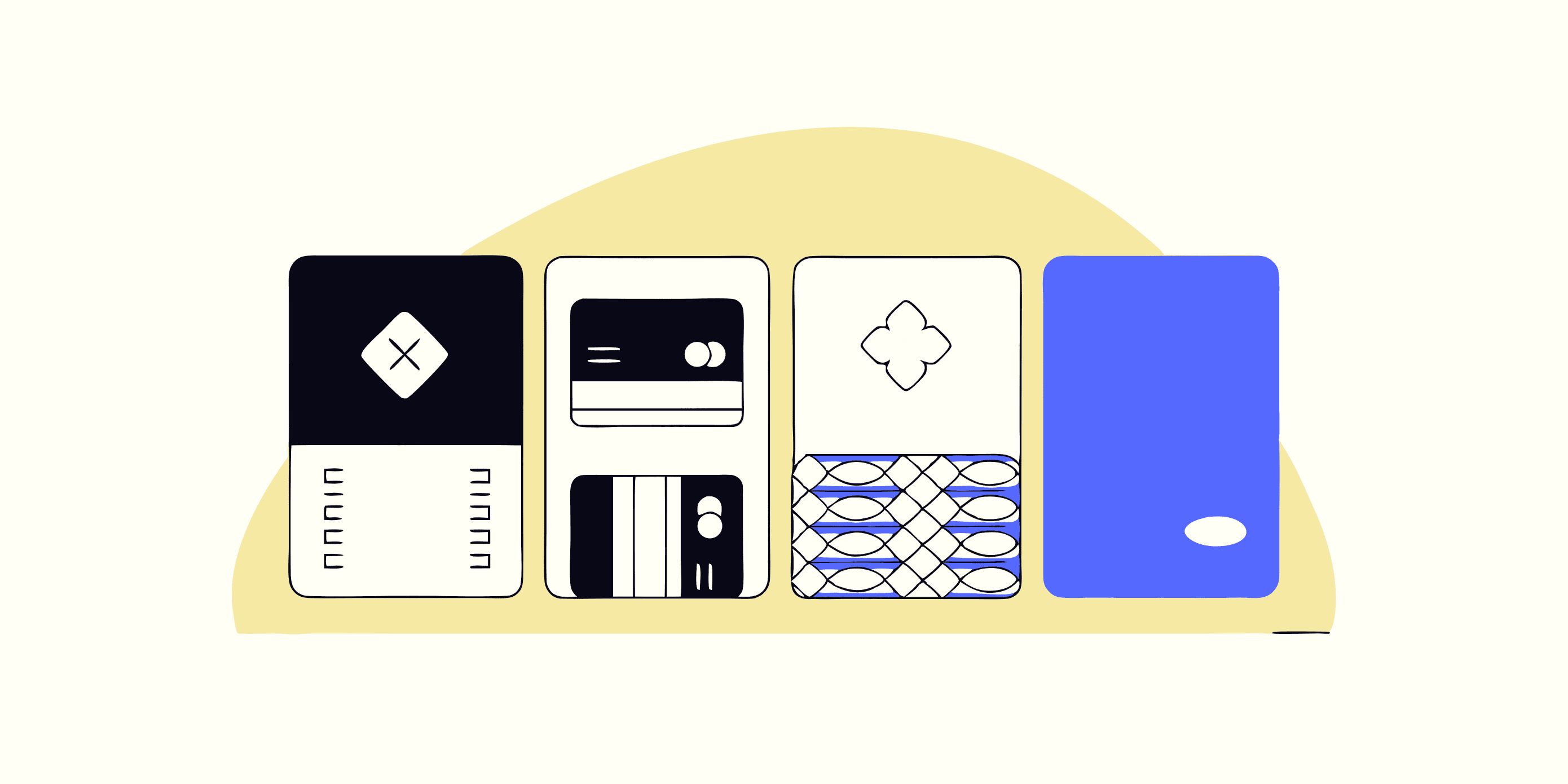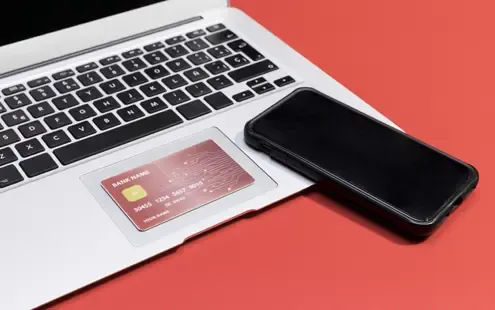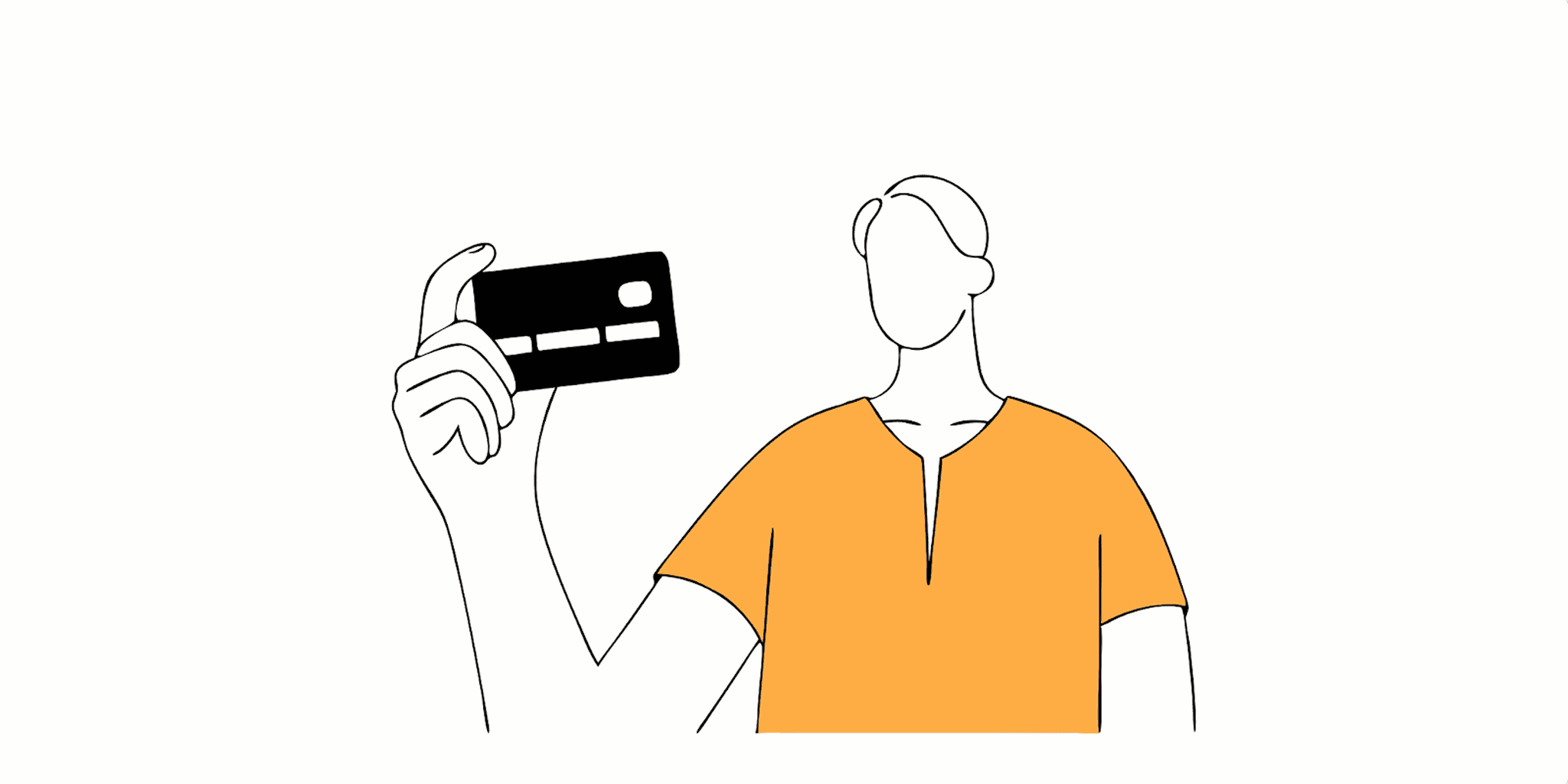What is a payment card?
- payment for goods and services both in physical establishments and online services;
- cash withdrawals and card replenishment at ATMs and bank cash desks;
- access to additional credit funds in case of lack of own funds;
- making money transfers within and outside the country;
- protecting finances (password and two-factor authentication, controlling expenses and setting limits for online transactions).
Types of payment cards
- credit card — a payment card that allows you to use the bank's funds. The bank sets a certain credit limit and a grace period, i.e., it provides a specific amount and time to repay the debt without paying interest. The cardholder often receives additional bonuses and incentives, such as loyalty programs, cashback, etc. This system is convenient because you can meet your needs even when your own funds are not enough;
- a debit card is a payment instrument linked directly to the account of its holder. This means that you can manage only your own funds, but you can also count on cashback and other bonuses;
- prepaid card is a type of debit card that differs from a debit card in that it is not linked to a bank account. You can only use the funds on the card, but be prepared for the fact that if you lose it, you will not be able to restore it. A good example of a prepaid card is the well-known gift or bonus cards in stores;
- a gift card is a prepaid card with a limited expiration date, intended for one-time use, as it cannot be replenished.
Which payment card to choose?
- Why do you need a card? If you have moderate daily expenses, a regular debit card will suffice. If you're prone to spontaneous purchases, it's better to get a credit card so that sudden financial difficulties don't prevent you from buying the goods you want.
- Do you plan to withdraw cash? A credit card requires you to pay a small fee, while a debit card may not.
- GlobusPlus credit card;
- GlobusPlus Light debit card;
- GlobusPlus USD/EUR card for transactions in US dollars and euros, respectively.





